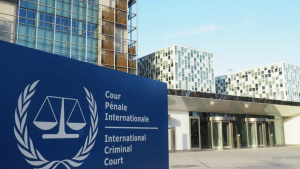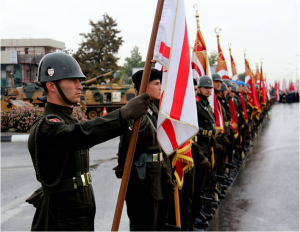By: Terrence Kane
Journal of Global Rights and Organizations, Associate Articles Editor
ROME, Italy – A rule-change in the European Court of Human Rights (ECHR) has bolstered the United Kingdom’s plan to send asylum seekers to Rwanda. The rule change will raise the threshold required by courts to place an injunction on removal proceedings.
 |
The Rule Change
The ECHR first announced that it would amend its rules in November of 2023. The changes were sought to bring the rules on interim measures more in alignment with the Court’s established case law. The change involved Rule 39 of the Rules of the Court, which are regarding the procedures on interim measures.
The language of Rule 39 was amended to include the line “imminent risk of irreparable harm” which has raised the threshold to institute interim measures, such as injunction. The amended rule language was announced on February 23, 2024, and went into effect a little over a month later on March 28.
While the rule change wasn’t in reference to any particular case or controversy, it is likely to have a very specific impact on the removal processes of the United Kingdom.
Effect on United Kingdom’s Removal Process
Under its current leadership, the United Kingdom has pursued a program of removing asylum seekers to Rwanda where the asylum seekers are meant to remain until their cases have been properly adjudicated in UK courts. The plan faced a major obstacle when the United Kingdom’s Supreme Court ruled that the policy violated international human rights law.
The Supreme Court upheld a Court of Appeals decision that found that the planned removals were unlawful because it lacked proper safeguards to prevent refoulement, or the return of asylum seekers to their state of origin. The Supreme Court held that the removals posed a safety risk to the asylum seekers because the United Kingdom failed to establish that Rwanda was a safe nation. The Court stated there were “substantial grounds” to believe sending asylum seekers to Rwanda would cause them to be unsafe.
The analysis used by the Supreme Court in putting the deportations on hold is likely to be substantially altered as a result of the new language in Rule 39. Rather than simply finding “substantial grounds” of safety risks, courts like those in the UK that put the Rwanda plan on hold, will need to look for evidence that there is an “imminent risk of irreparable harm.” This new standard will make it substantially harder to challenge the Rwanda plan and reduce courts ability to issue injunctive relief.
For further information, please see:
BBC – Supreme Court rules Rwanda asylum policy unlawful – November 15, 2023
The Telegraph – Boost for Rwanda plan as ECHR makes it harder to block deportations – March 28, 2024
ICJ – Press Release – March 28, 2024
ICJ – Rules of Court – March 28, 2024



